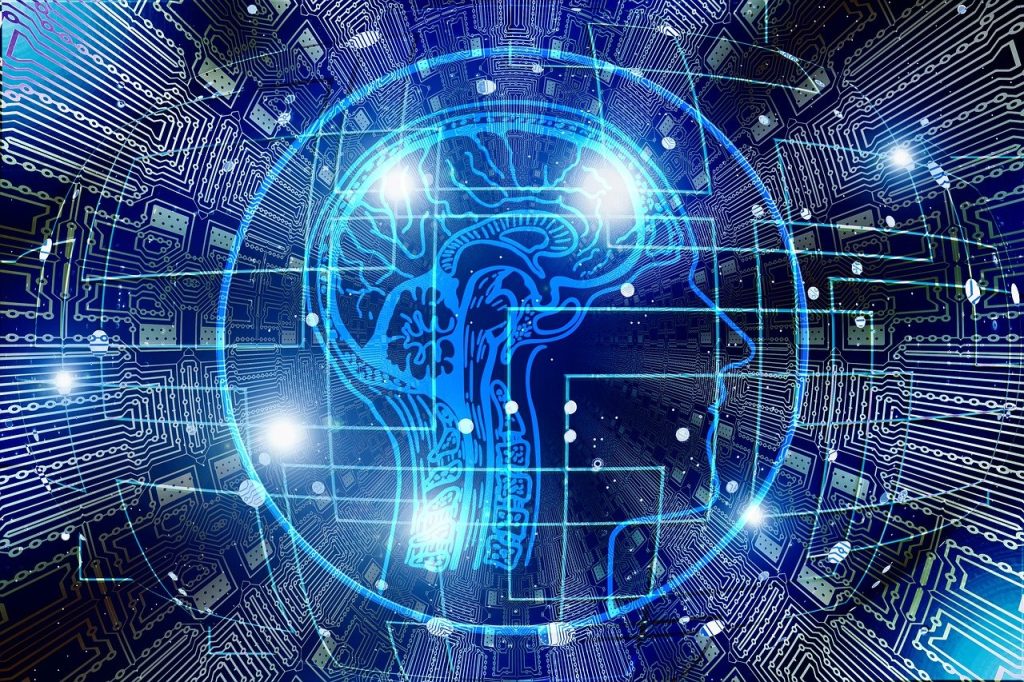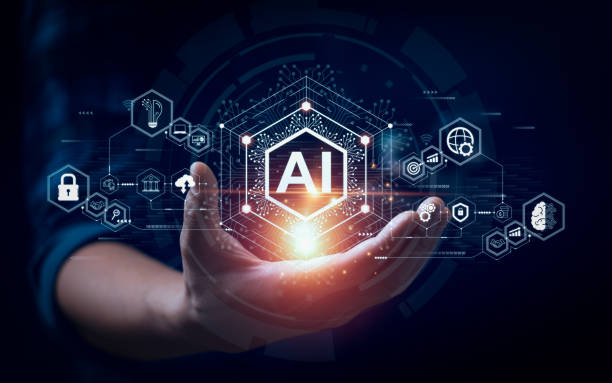Definitional scope:
Emerging technologies are the newest inventions that have the potential to fundamentally alter how we work, live, and engage with the outside world. Among these are innovations in artificial intelligence (AI), the Internet of Things (IoT), blockchain technology, and enhanced 5G telecommunications.
Although still in the early stages of development, these technologies are already making a significant impact across various disciplines, unlocking new possibilities and presenting unique challenges.
Machine Learning and Artificial Intelligence
Utilization across Diverse Industries: Numerous aspects of our everyday lives and industries are changing as a result of machine learning (ML) and artificial intelligence (AI).
• Retail: Ever noticed how online stores seem to know exactly what you might like?. That’s artificial intelligence in action. It enables customer care chat-bots, offers tailored shopping experiences, and aids with inventory management.
• Healthcare: Can you imagine a future where diseases are diagnosed faster and more accurately, thanks to AI, that future is already starting to take shape. By analyzing patient data and medical images, AI is helping doctors make better, more informed decisions. It’s also paving the way for personalized medicine, treatments tailored to each person’s unique genetic makeup.
• Transportation: AI is improving safety and efficiency in transportation, lowering accident rates, with applications ranging from intelligent traffic control systems to self-driving cars.
• banking: By automating trade, identifying fraudulent activity in real-time, and offering individualized financial advice, artificial intelligence is transforming the banking industry. The efficiency and security of financial systems are improved by these technologies.
Internet of Things (IoT)
Positives and Negatives
Sending and receiving data is made possible by the Internet of Things (IoT), which links everyday objects to the internet.
The benefits
• Efficiency: Internet of Things gadgets can improve the efficiency of homes, cities, and industries. Smart heating and cooling systems, for instance, conserve energy by determining your routine and modifying the temperature accordingly.
• Enhanced Quality of Life: Vital indicators can be tracked by wearable health monitors, which can also notify you of possible health problems. Smart home technology makes life easier by automating repetitive tasks.
• Data-Driven Decisions: Organizations and governing bodies can enhance services and operations by using data gathered by Internet of Things (IoT) devices to inform their decision-making.
The Challenges
• Security: An increase in linked devices leads to an increased potential for cyberattacks. One of the main concerns is making sure these gadgets are secure.
• Interoperability: Various IoT platforms and devices must cooperate harmoniously.
• Privacy: Since a lot of personal data is collected by IoT devices, concerns have been raised over the usage and security of this data.
Blockchain Technology: Application and Prospect
Blockchain technology securely logs transactions across numerous computers, preventing records from being changed after they have taken place
Examples of Use:
Financial Services: By eliminating the need for middlemen, blockchain technology can improve the security, transparency, and efficiency of financial transactions.
Supply Chain Management: Blockchain can enhance the legitimacy and traceability of commodities by offering a visible and unchangeable record of transactions.
Digital Identity Verification: Blockchain technology can offer trustworthy and safe means of confirming identities, an essential component of online safety.
Smart Contracts: These are self-executing contracts that increase the efficiency and reliability of transactions by having the terms encoded directly into the code.
Potential: By offering a greater degree of security and transparency, blockchain has the potential to revolutionize numerous industries. While it’s very early, there are a wide range of possible uses, including managing intellectual property, voting systems, and medical data.
The future of Telecommunications with 5G
Next generation of mobile networks, or 5G, promises substantially faster speeds, reduced latency, and improved connectivity. The launch of 5G has provides so many important benefits over earlier generations of telecommunications networks. The outstanding advantages 5G carries include improved speed and bandwidth capability. Aside the speed, 5G also provides lower latency, which means faster data delivery which is very critical for applications that require real-time interactions, like remote device login and time-sensitive data analysis. Downloads of heavy files like mp4 videos, streaming HD video becomes easier without buffering. All these advantages allow for faster data transfers and more efficient operations which benefits all users.
The Growth
• Capacity and Speed: 5G will enable more connected devices and seamless experiences by offering faster downloads and uploads as well as simultaneous support for multiple devices.
• Low Latency: With less communication latency, real-time applications such as remote surgery and autonomous driving can be realized.
• Improved Connectivity: In order to extend the Internet of Things, 5G supports a denser network of linked devices.
The Effects
• Economic Growth: By opening up new markets for services and industries, the introduction of 5G is anticipated to stimulate economic growth.
• Innovation: By offering the infrastructure required for cutting-edge applications, 5G will spur innovation across a wide range of industries, including smart cities and industrial automation.
• Digital Gap: It is imperative to guarantee that 5G is available to all in order to minimize the gap between those who have access to cutting-edge technology and those who do not.
Thanks to emerging technologies like blockchain, 5G, AI, and IoT, Our world is changing in fascinating ways . They have tremendous promise to enhance our quality of life, stimulate the economy, and encourage creativity. Yet, there are drawbacks to these technologies as well, including the requirement for sensible rules, ethical issues, and security issues. We can use new (emerging) technology to our advantage and build a more connected, brighter future for everybody if we approach these problems carefully. We will be discussing more on other Emerging Technologies in no distant time.




Interesting
Nice idea keep it up 🙏🙏🙏
we appreciate you for reading our informative articles… we encourage you to read more sir/ma.
Educative
we appreciate you for reading our informative articles… we encourage you to read more sir/ma.